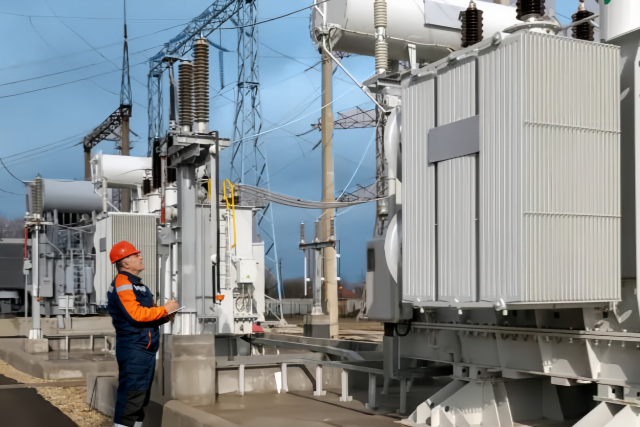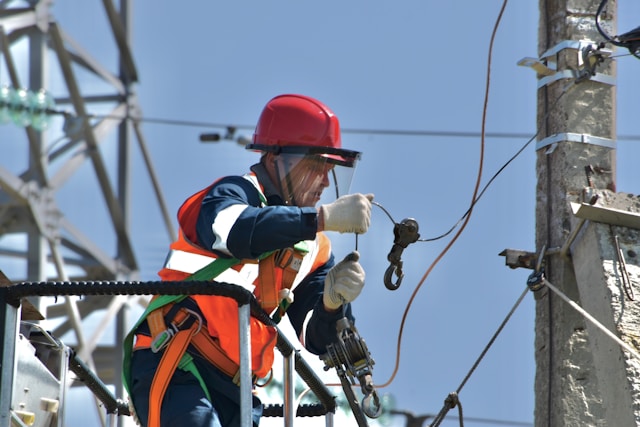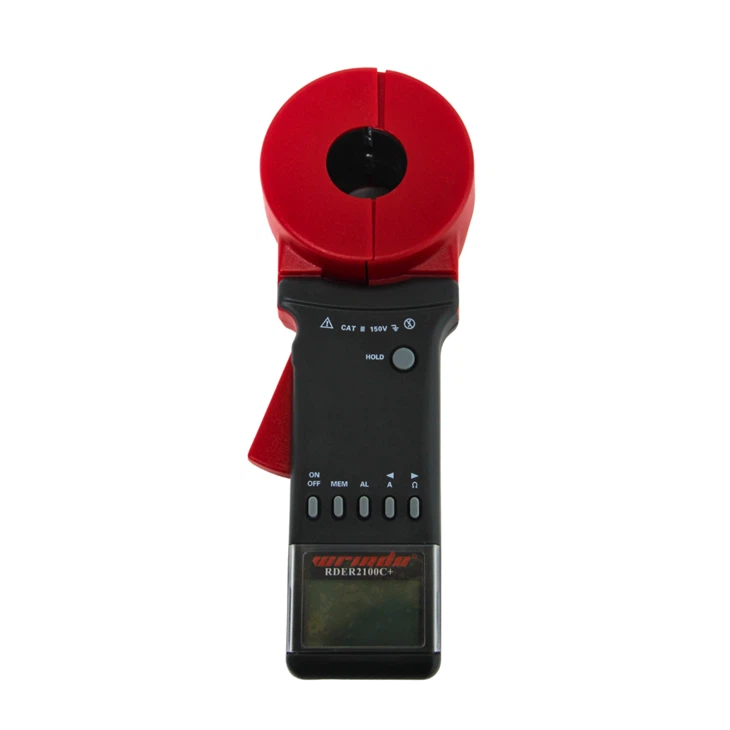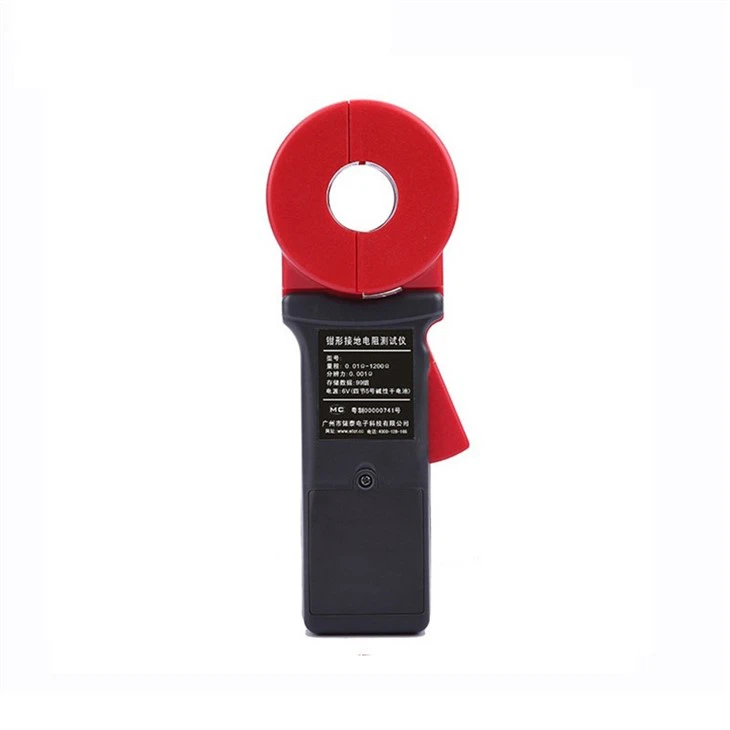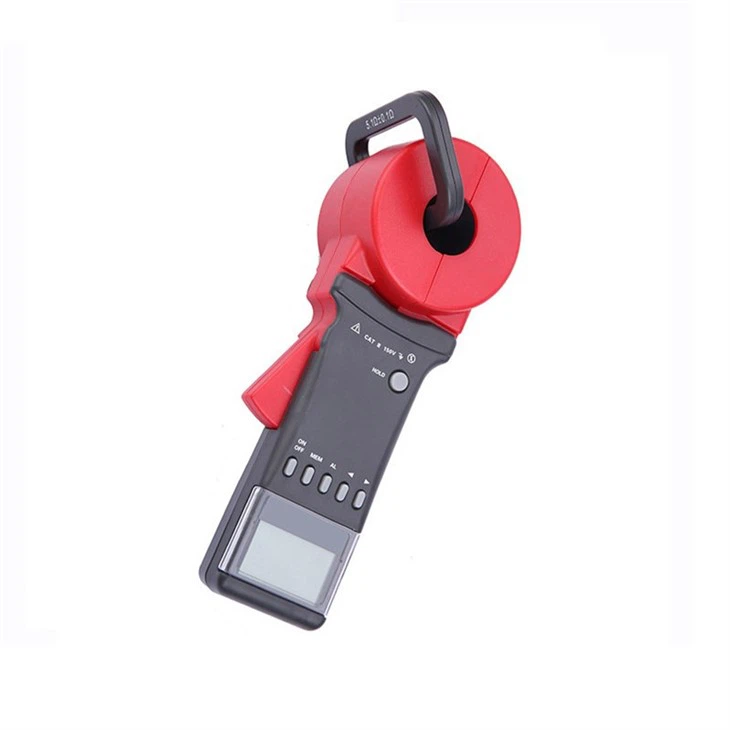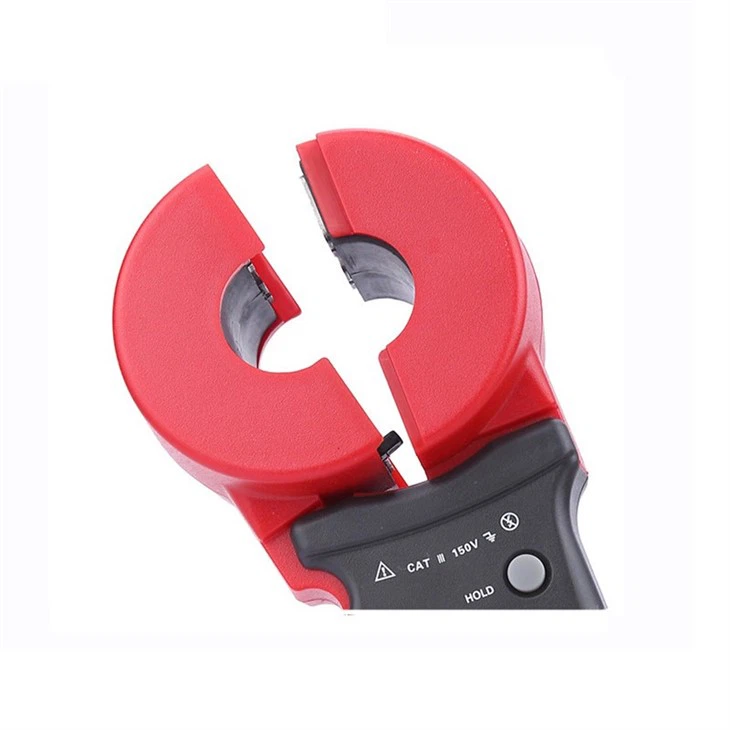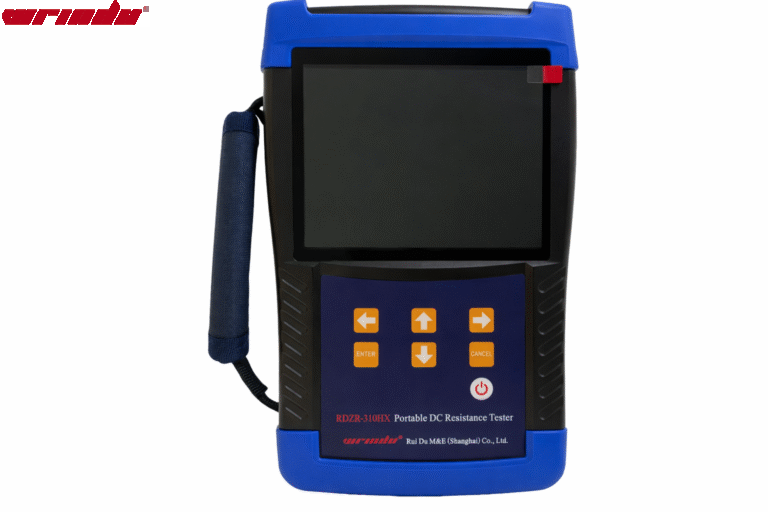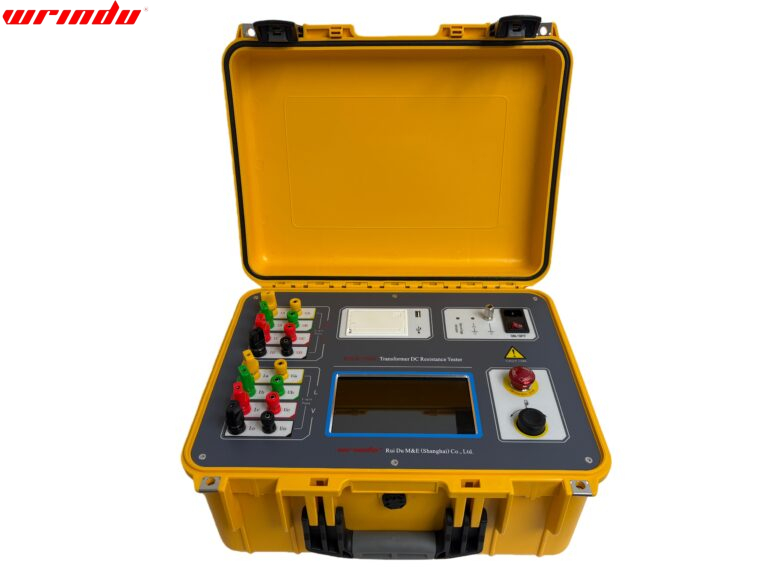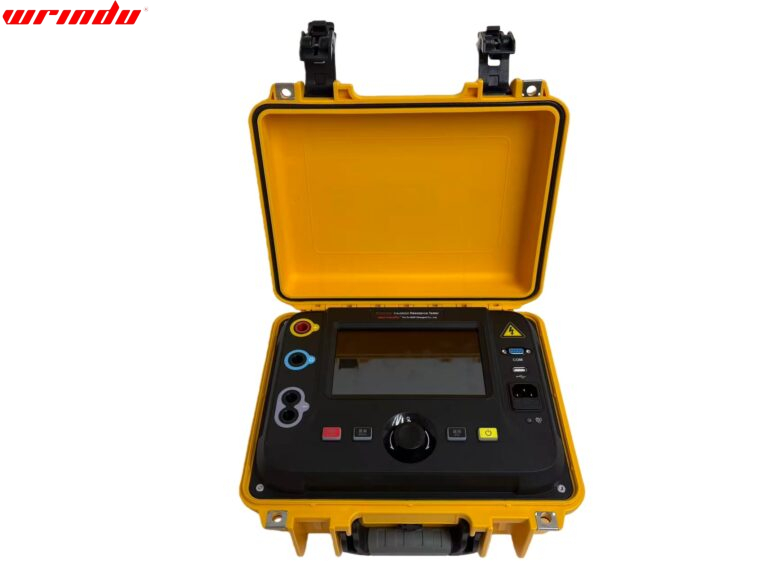OVERVIEW
Wrindu Multi-functional Earth Resistance Tester Clamp Meter: professional upgrade, new model of accurate measurement RDER2100C+ multi-function clamp-on ground resistance tester is an excellent upgrade of the old product, carefully crafted to enhance the user experience. It abandons the traditional lengthy self-test process, enters the test mode as soon as it is turned on, and can start working instantly, greatly reducing the preparation time for work and significantly improving work efficiency. Cutting-edge algorithms and digitally integrated processing technology replace the old relay self-test mode, and the test performance reaches a new level of stability. The data is accurate and reliable, which escorts your professional measurement work. The appearance design is novel and unique, in line with the principle of ergonomics, with a simple and intuitive 6-button operation panel, transparent and reasonable functional layout, convenient and smooth operation, and can be used without complex training. The new sound and light alarm function, once an abnormal situation occurs, a clear “beep-beep-beep–” prompt sound will be issued immediately to ensure that the user can detect and deal with it in time.
At the same time, it has the function of interfering signal recognition, effectively resists external interference, and automatically issues a sound alarm when encountering interference to ensure measurement accuracy and stability. The measurement range is wide, accurately covering the ground resistance range of 0.01Ω to 1200Ω and the current range of 0.00mA to 20.0A, and supports the storage of 99 sets of data, which is convenient for comparison and data analysis at any time. Its power consumption performance is excellent, and the startup and working currents are less than 50 mA. It is energy-saving and efficient, suitable for long-term continuous operation, and is a good assistant for your professional measurement work. The multi-functional earth resistance tester clamp meter is widely used in many fields, such as electricity, telecommunications, meteorology, oil fields, construction, and industrial electrical equipment, especially in measuring ground and loop resistance. When measuring a grounding system with a loop, there is no need to disconnect the grounding lead or additional auxiliary grounding electrodes. The operation is simple, fast, safe, efficient, and effectively avoids the tediousness and risks of traditional measurement methods. It can not only accurately detect ground faults that are difficult to detect with conventional measurement methods but also accurately measure the comprehensive value of ground body resistance and ground lead resistance and can perform high-precision measurement of leakage current and neutral line current of the grounding system, fully meeting the diverse measurement needs of various complex working conditions and unique scenarios, and providing accurate data support and safety assurance for your project.
CHARACTERISTIC
- 1. A breakthrough in ground resistance test technology using non-contact measurement, which is safe and fast.
- 2. When measuring a grounding system with a loop, there is no need to disconnect the grounding lead or an auxiliary grounding electrode, which significantly saves time and labor costs.
- 3. The multi-functional earth resistance tester clamp meter can detect ground faults that traditional methods cannot detect and is suitable for occasions where conventional methods cannot measure.
- 4. The instrument also has sound and light alarms, data storage, and data retention functions.
For more information about clamp ground resistance testers, please click More.
To request the latest quotes, please click Contact Us.
FAQ
Q: What is the advantage of using a clamp on the grounding test meter?
A: The key advantage of a clamp-on grounding test meter is non-contact measurement, eliminating the need to disconnect grounding leads. This ensures quick, convenient, and safe testing with features like alarms and data storage for reliable grounding assessments.
Q: What is a good instrument for testing ground resistance?
A: A ground resistance meter is a specialized instrument for measuring earth resistance. It generates a current and directs it to the measuring electrodes. The resulting potential difference between these electrodes offers valuable insights into the resistance of the surrounding soil.
Q: What are the three most common methods of determining ground resistance?
A: The three common methods for determining ground resistance are:
1. Fall-of-Potential Method: Measures voltage drop during current flow.
2. Wenner Four-Probe Method: Uses four probes to assess soil resistivity.
3. Clamp-On Method (Stakeless): Non-intrusive testing with a clamp-on ground resistance tester.
APPLICATION



